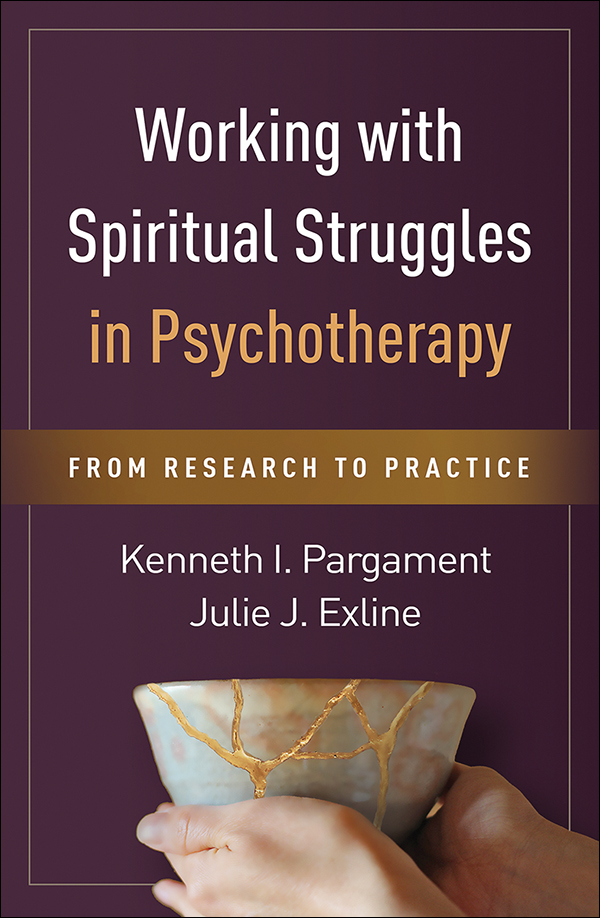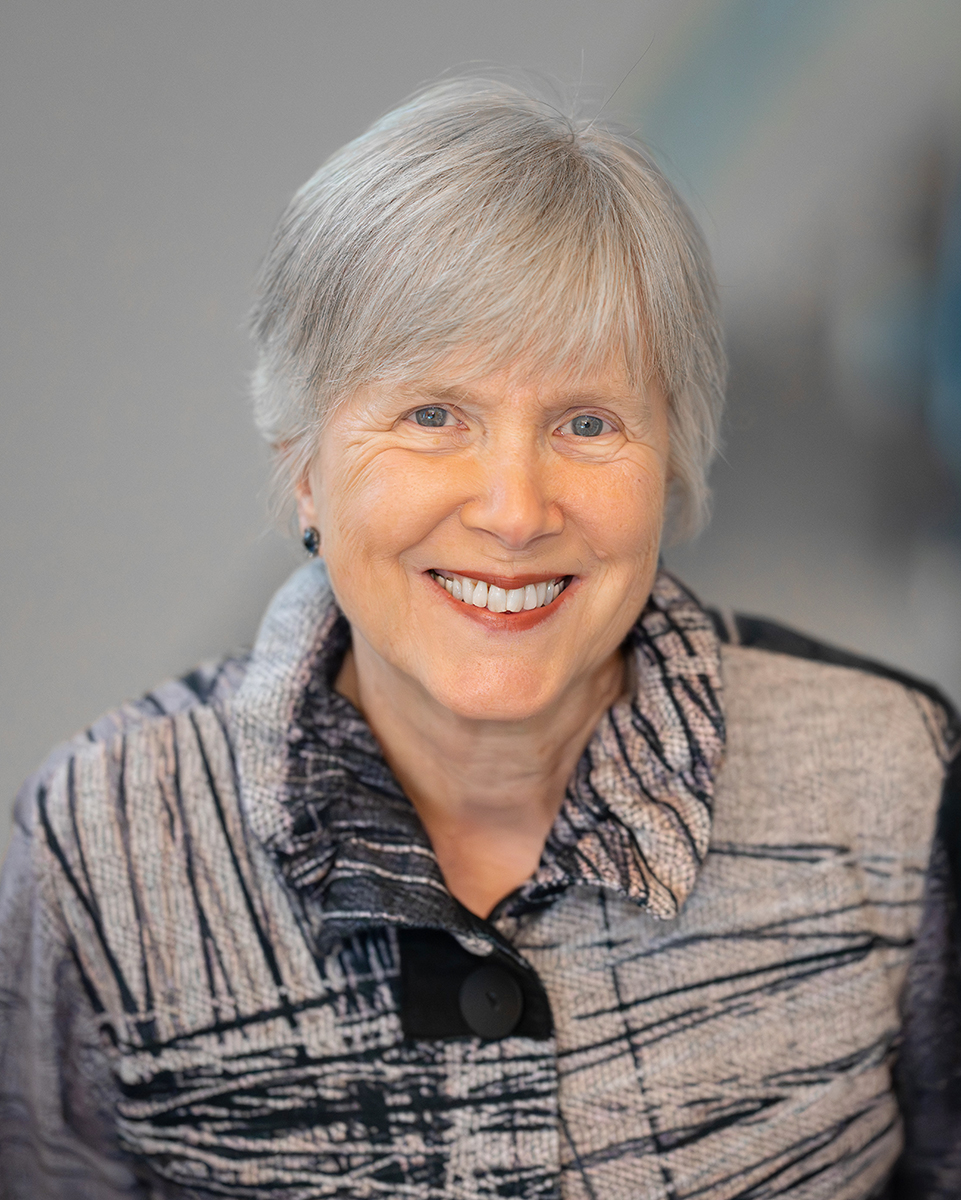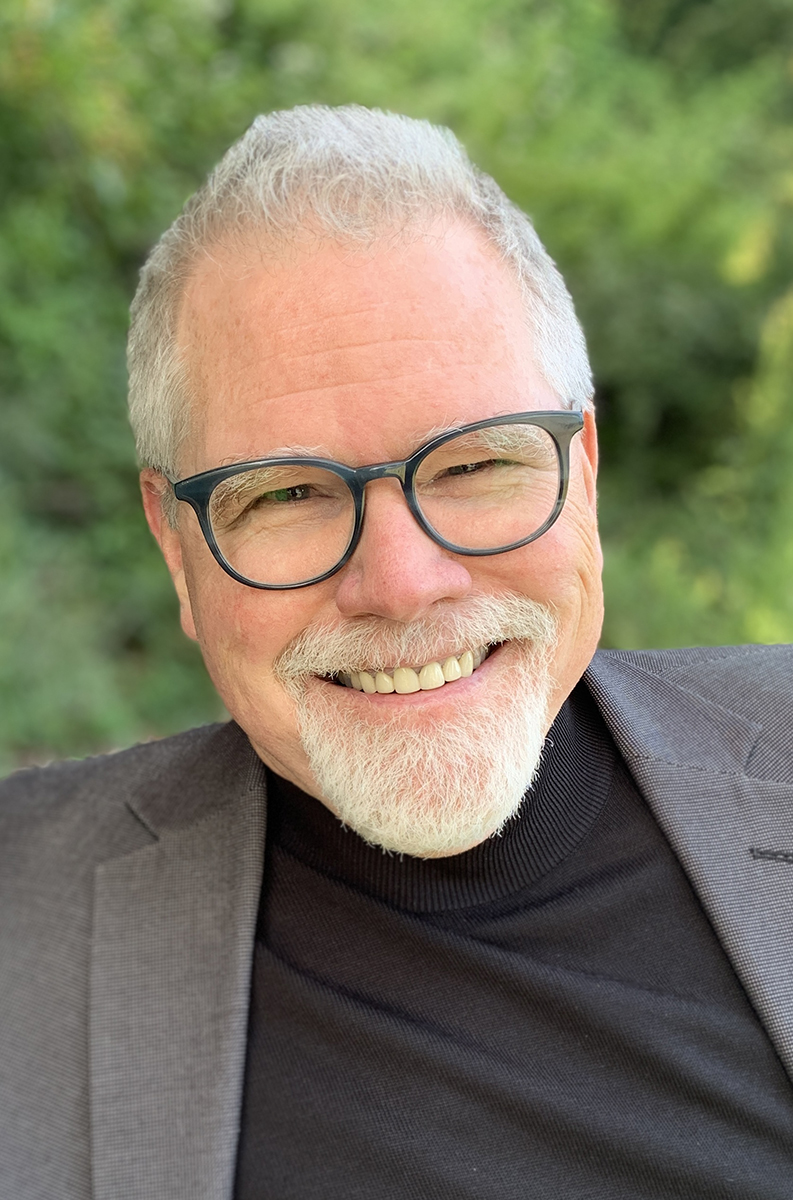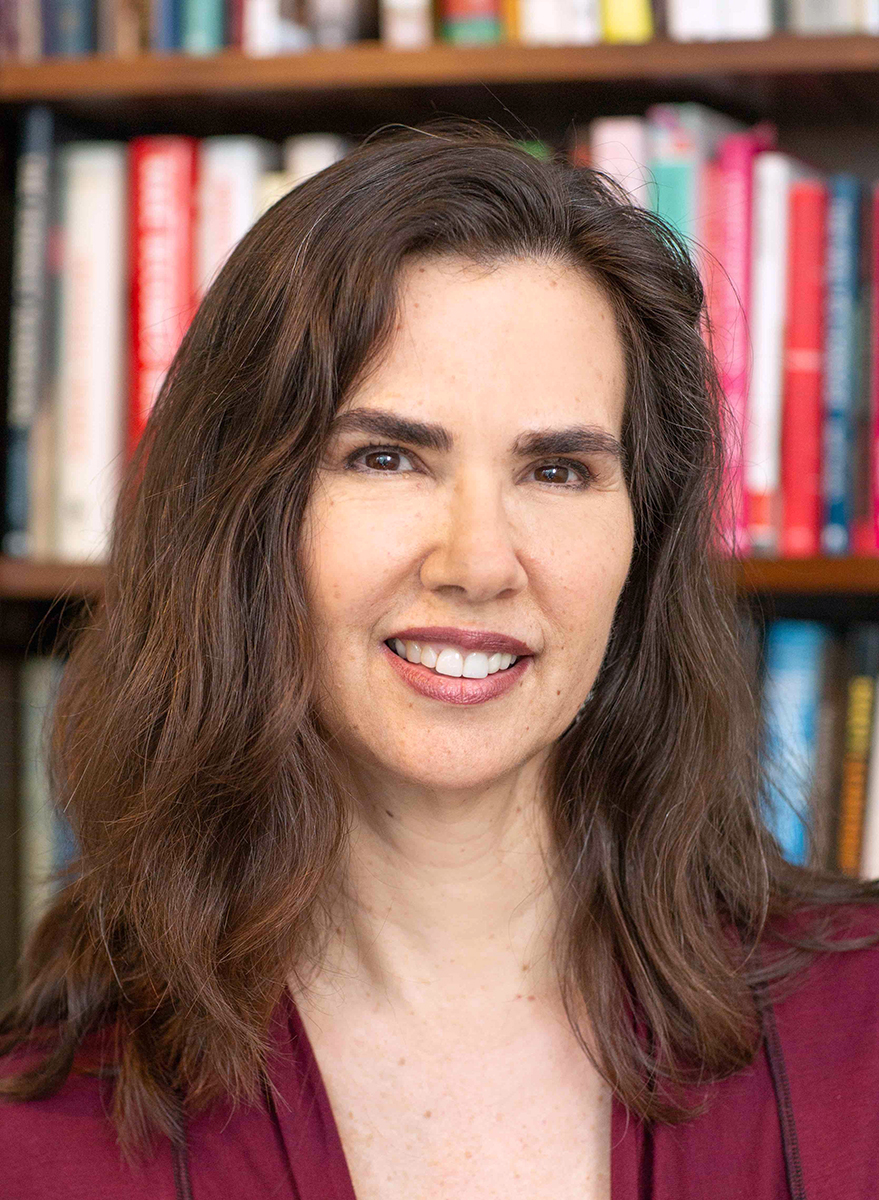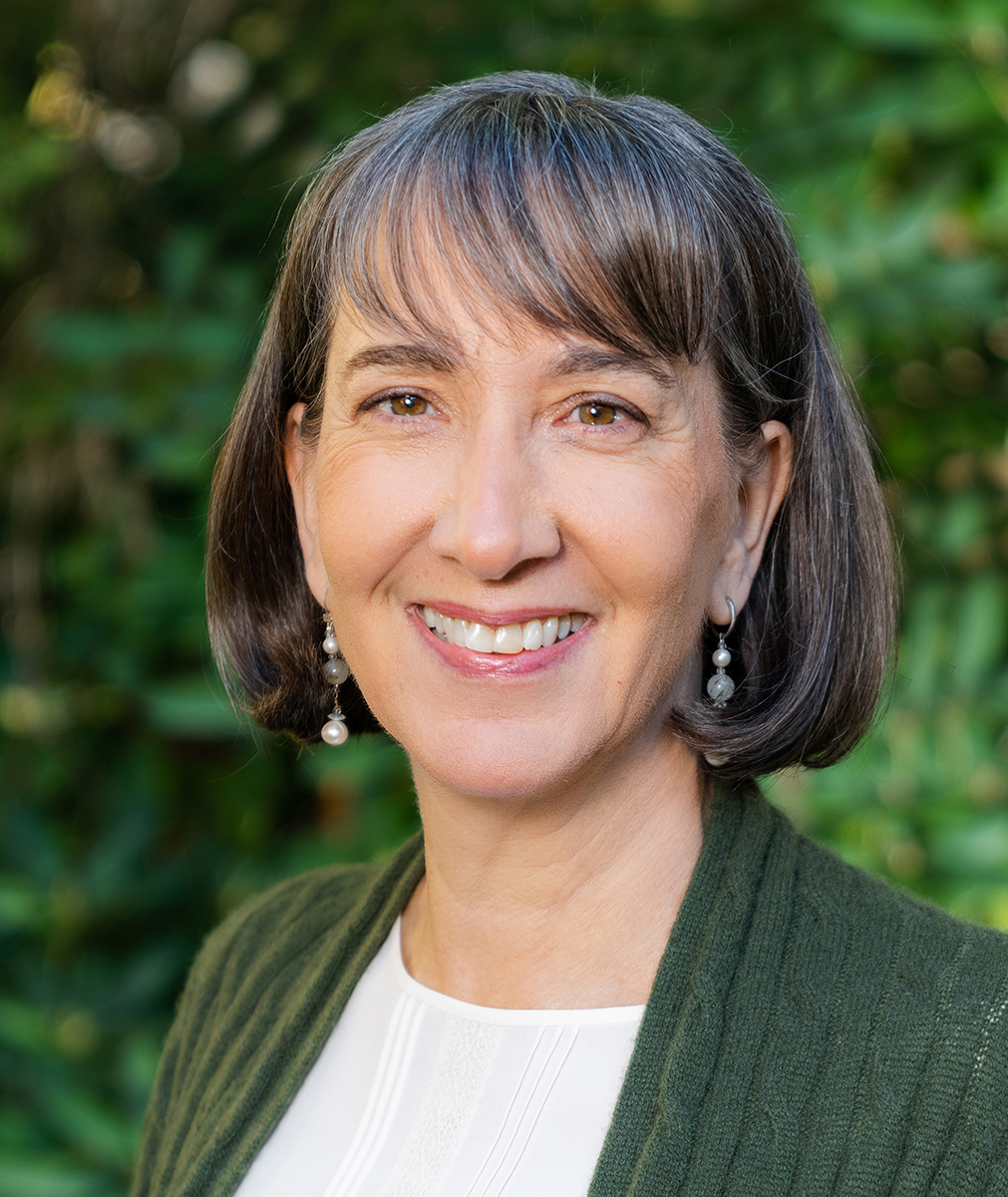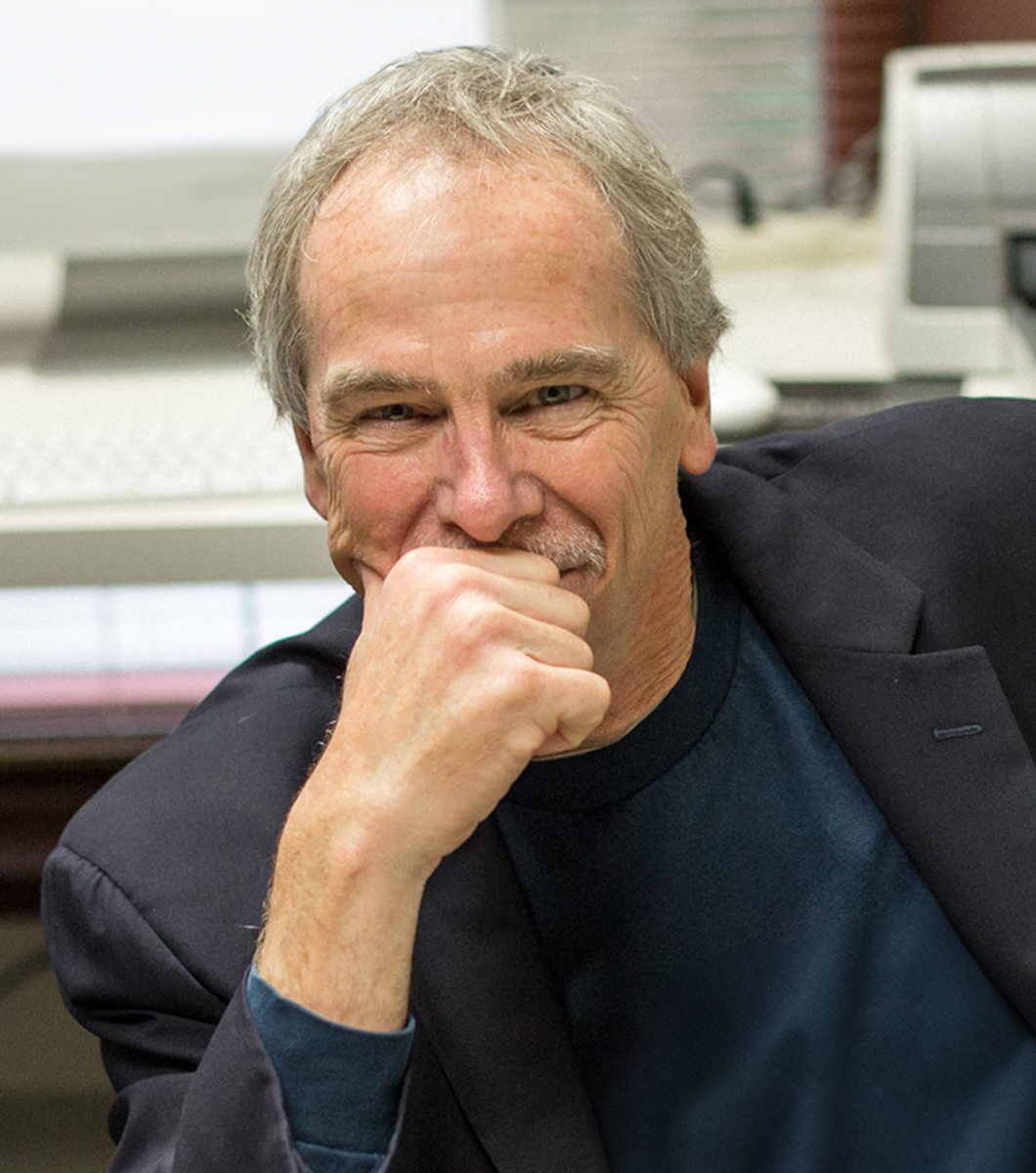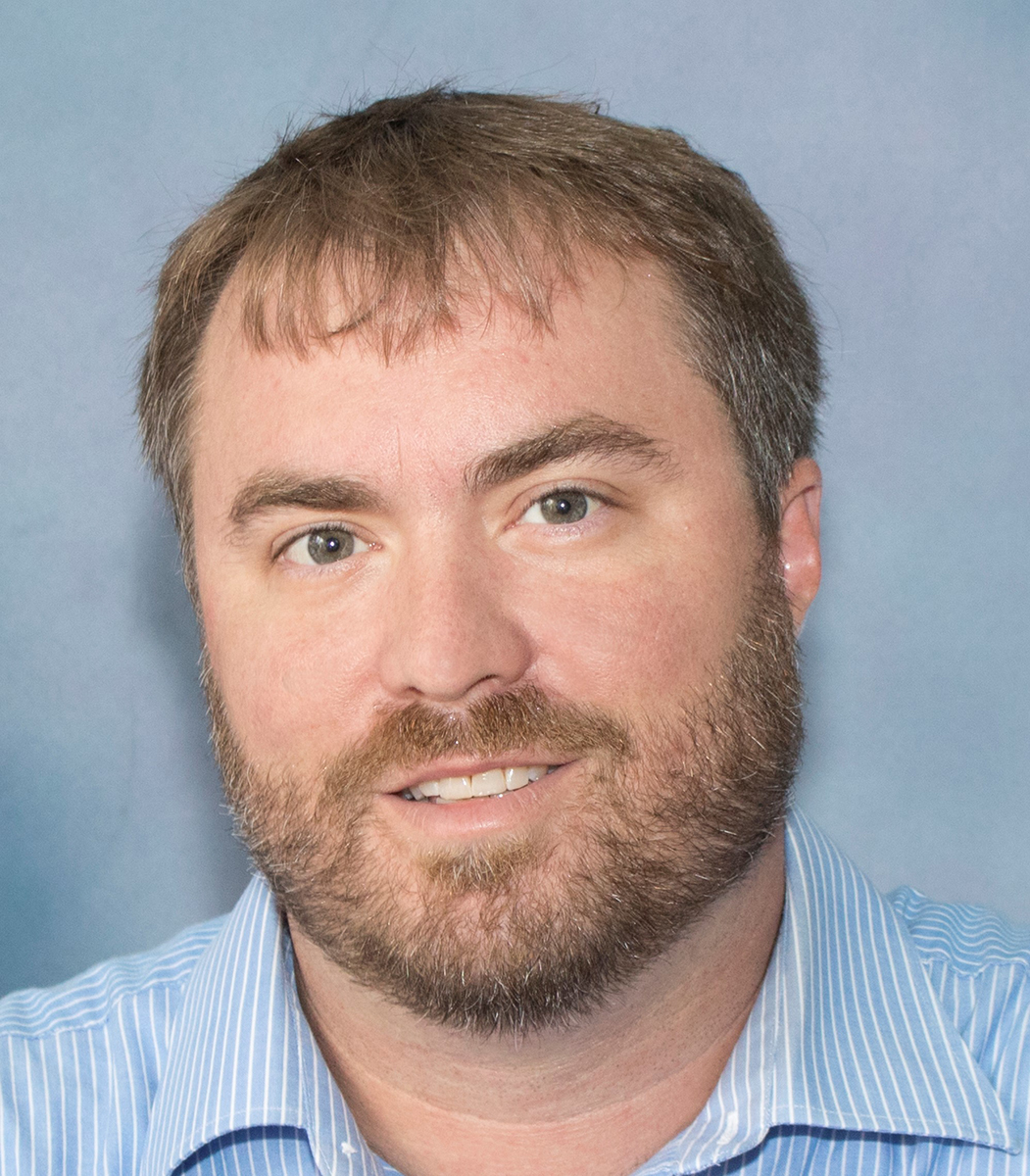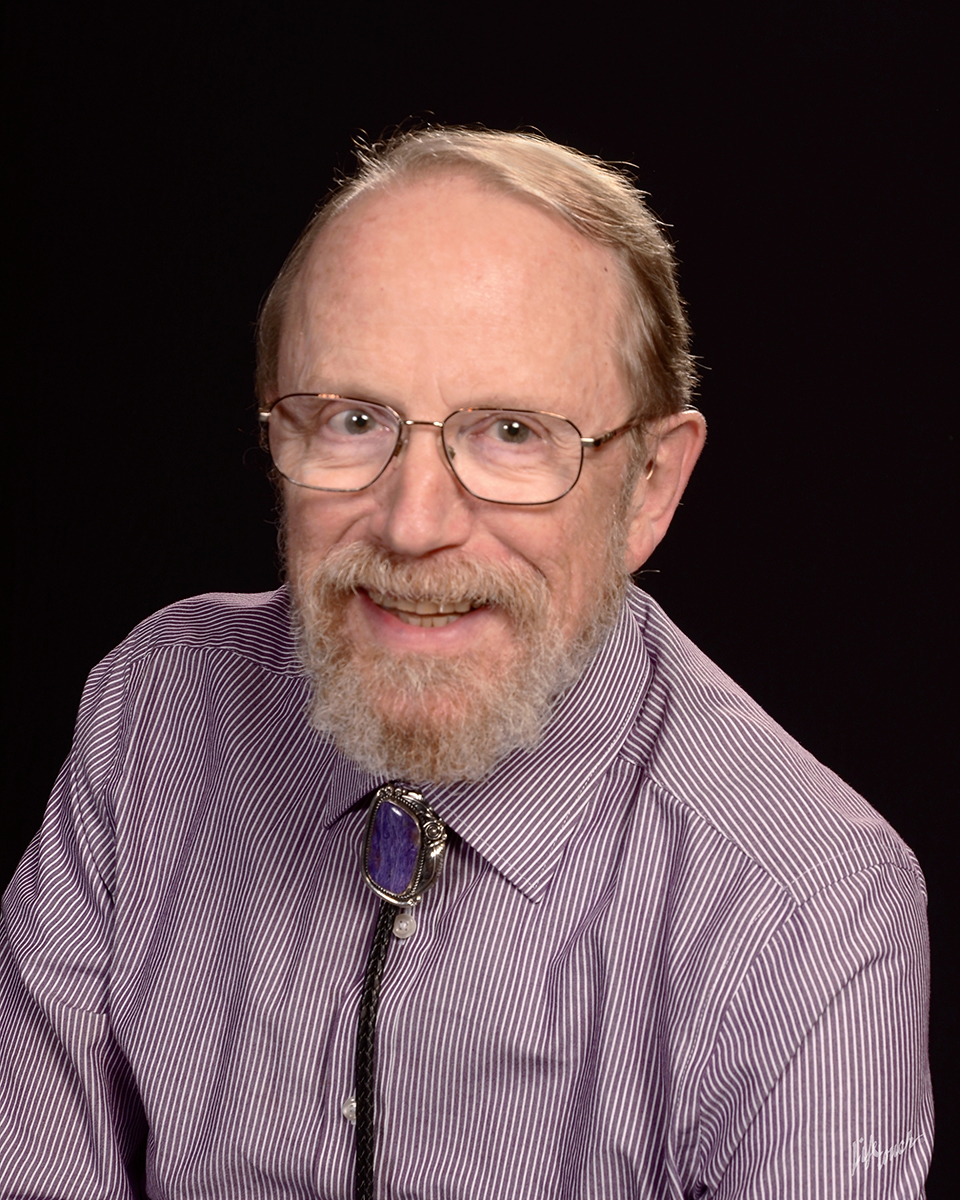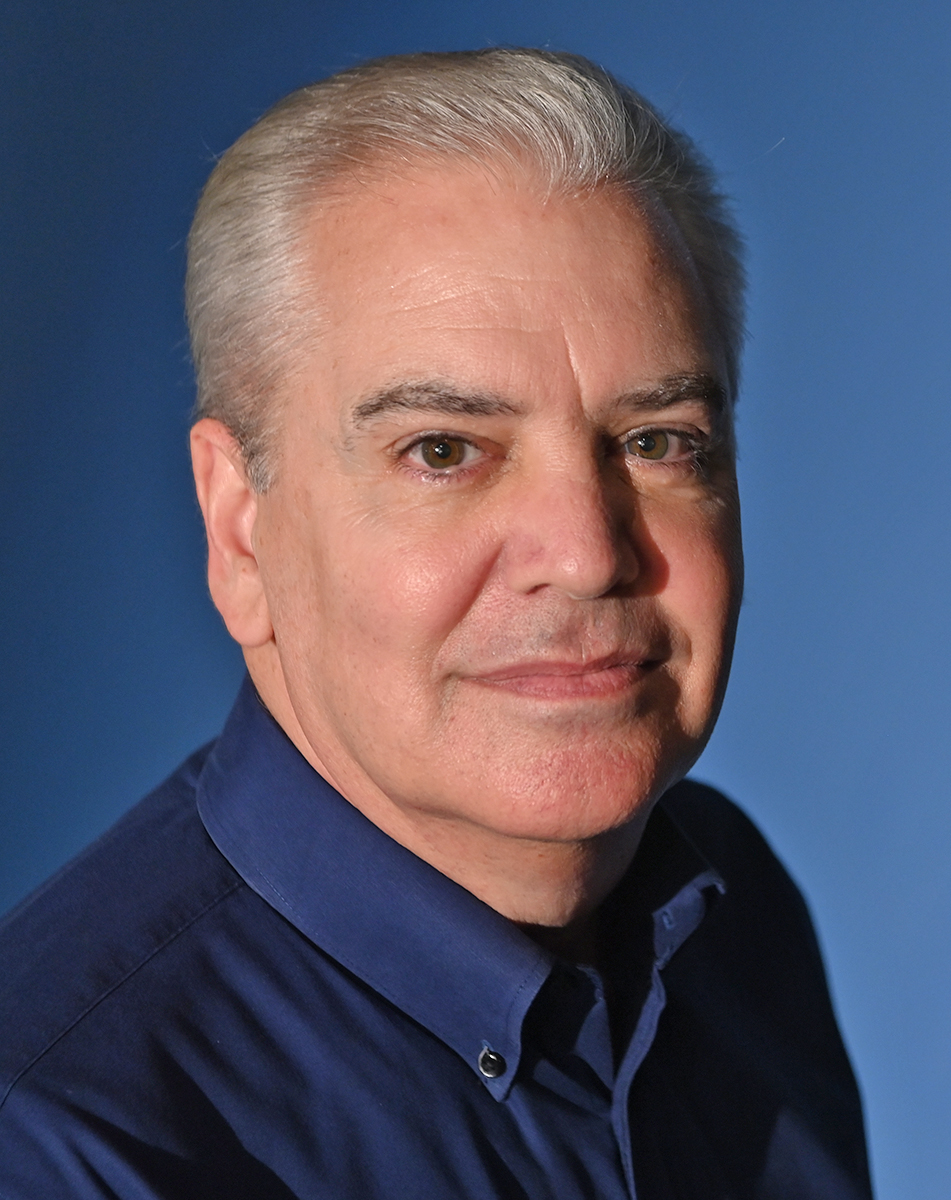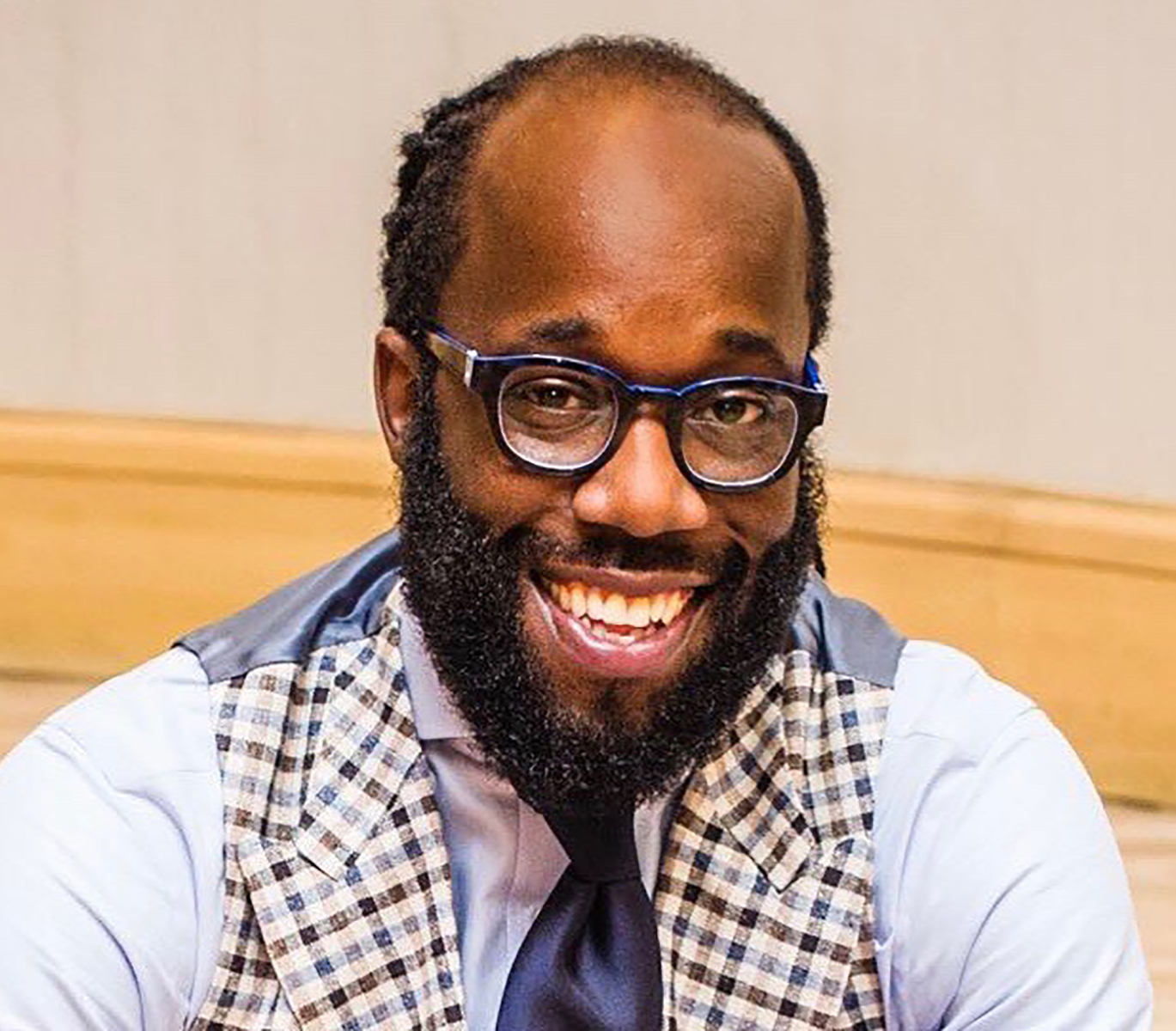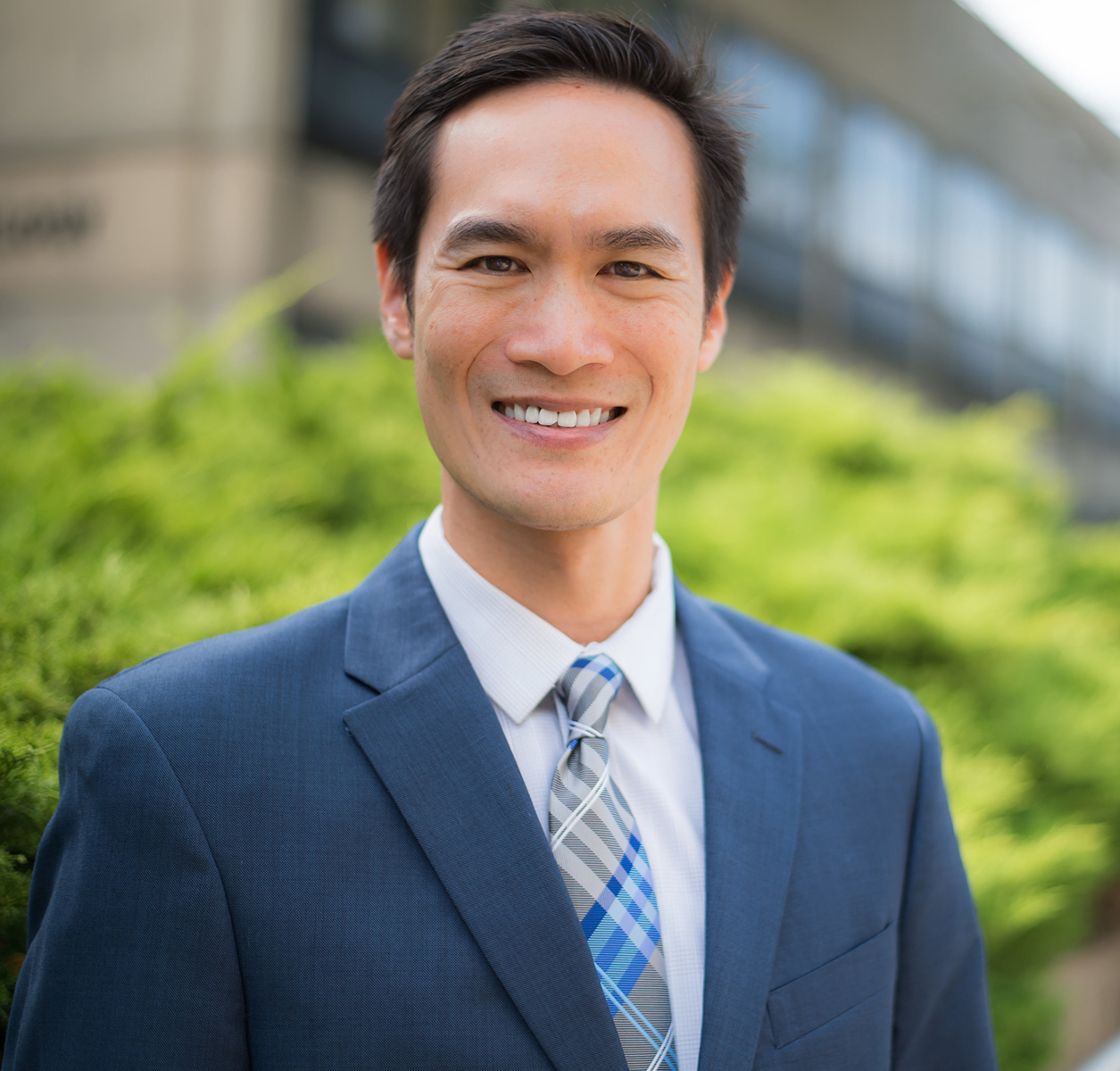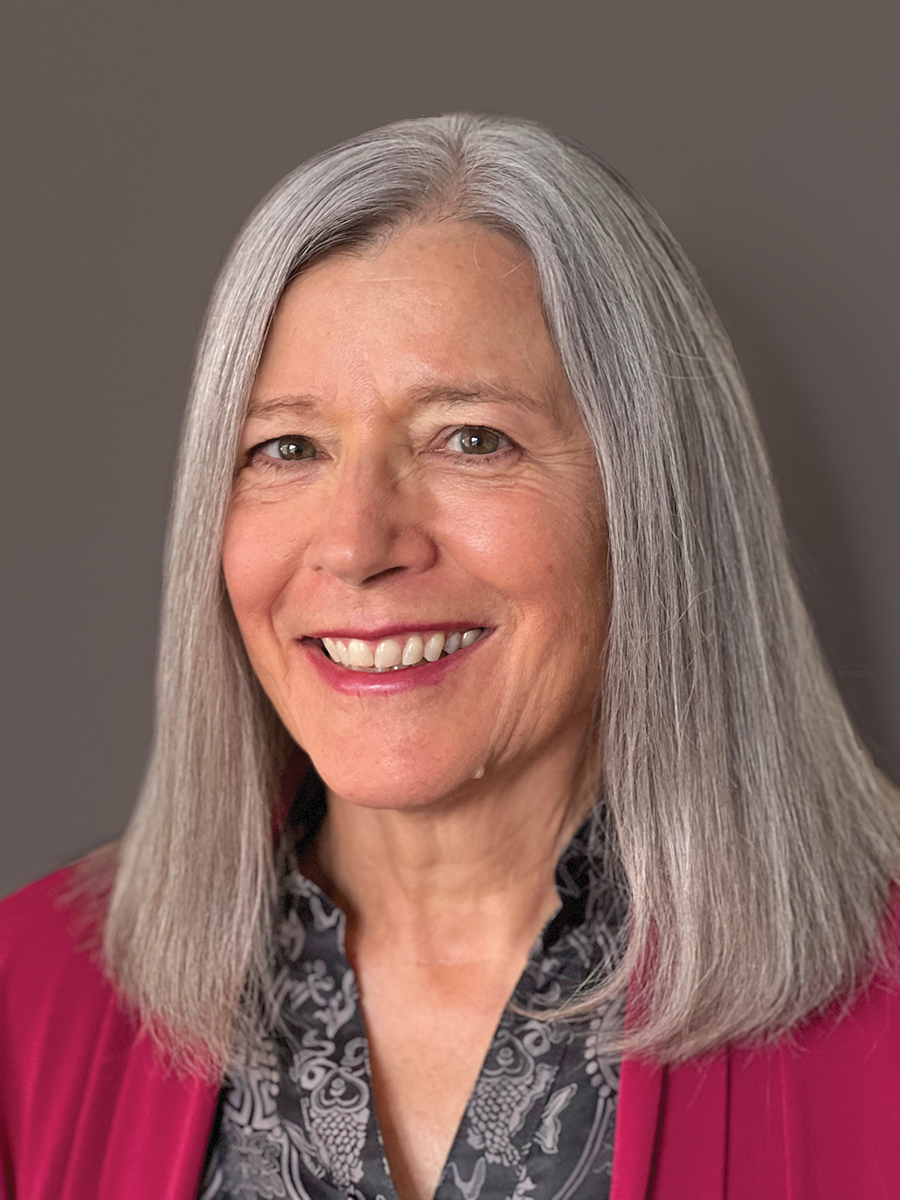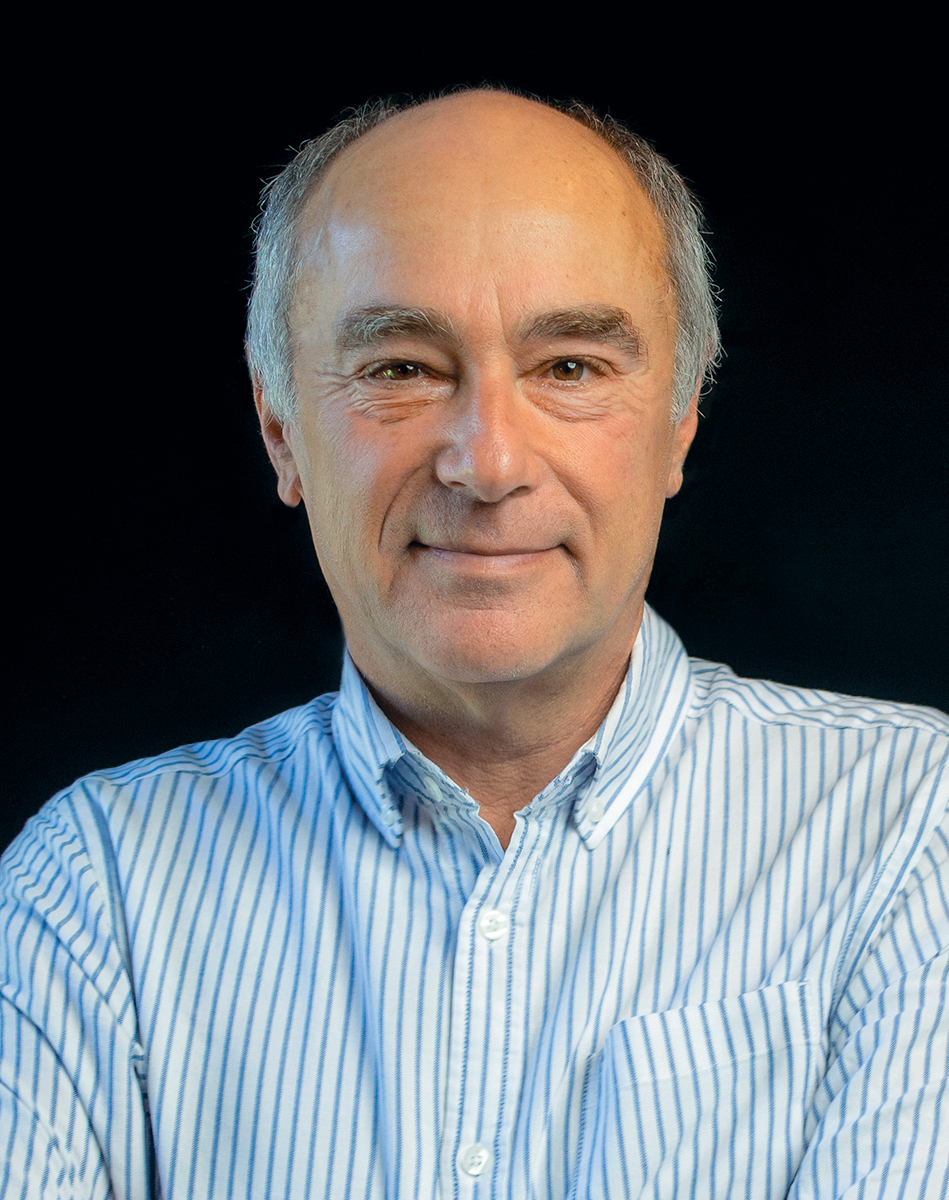Q&A with the Author
- Congratulations on your new book, Working with Spiritual Struggles in Psychotherapy! In the book you write, “The term sacred refers not only to traditional understandings of God or higher powers but also to any other aspect of life that is perceived to hold divine-like qualities.” You mention marriage, a job, music, dance, and poetry as potential examples of this. So, you don’t have to view yourself as a religious person to experience spiritual trials, doubts, or conflicts?
- In your recent report for the John Templeton Foundation, you cite the statistic that approximately 75% of people experience a spiritual struggle at some time in their lives. Despite this prevalence, many psychotherapists feel ill equipped to help patients with matters of spirituality and faith. Why do you think that is, and how can your book help?
- The COVID-19 pandemic has taken a toll on the spiritual well-being of many people. Chapter 5 of your book is entitled “Do Spiritual Struggles Lead to Growth?: The Brighter Side”. How can therapists guide patients through COVID-related spiritual struggles? In times of intense strife (like the pandemic), is it possible to actually strengthen our spiritual lives and find greater peace?
- Lastly, we would love to learn a little bit more about you! When you are not working, what do you do for fun? Now that your book is out, is there a project that you are excited to work on next (a presentation, a workshop, writing another book, etc.)?
Congratulations on your new book, Working with Spiritual Struggles in Psychotherapy! In the book you write, “The term sacred refers not only to traditional understandings of God or higher powers but also to any other aspect of life that is perceived to hold divine-like qualities.” You mention marriage, a job, music, dance, and poetry as potential examples of this. So, you don’t have to view yourself as a religious person to experience spiritual trials, doubts, or conflicts?
That’s right! You don’t have to be a religious person to encounter spiritual struggles. It may not be surprising that people from the world’s major religious traditions can and do experience spiritual struggles. What may be more surprising is that we can also find spiritual tensions and strains among agnostics, atheists, and those who see themselves as spiritual but not religious. In one study, we learned that atheists reported as many questions about the ultimate meaning of life and conflicts with other people about religious or spiritual matters as did theists. In short, spiritual struggles are pretty universal.
In your recent report for the John Templeton Foundation, you cite the statistic that approximately 75% of people experience a spiritual struggle at some time in their lives. Despite this prevalence, many psychotherapists feel ill equipped to help patients with matters of spirituality and faith. Why do you think that is, and how can your book help?
Thanks for raising this very important issue! Many factors may go into the therapist’s feeling that they are not well equipped to talk about religious and spiritual topics in treatment. In the “old days,” the reality was that many therapists were antagonistic to religion and spirituality or believed these matters were not relevant to the problems (or solutions) clients bring to therapy. Considerable research has challenged this point of view; religion and spirituality are intertwined with mental health. Studies show that spiritual struggles, in particular, are robustly related to health and well-being. This growing body of research may help explain why attitudes toward religion and spirituality among practitioners have changed. Today, the most important reason therapists shy away from religion and spirituality is lack of training. The simple fact is that most practitioners do not receive any training in how to talk about religion and spirituality in treatment.
Working with Spiritual Struggles in Psychotherapy: From Research to Practice is designed to help fill this gap by providing much needed education about the spiritual dimension of clients’ problems, pain, and suffering. Moreover, the book offers very practical suggestions related to the key questions that are likely to arise for therapists. How do we assess for spiritual struggles? How do we open the door to a spiritual conversation in treatment? How do we help clients come to terms with struggles of many kinds: with the divine, with moral conflicts, with questions of ultimate meaning, with interpersonal conflicts, with religious doubts, and with evil and the demonic?
The COVID-19 pandemic has taken a toll on the spiritual well-being of many people. Chapter 5 of your book is entitled “Do Spiritual Struggles Lead to Growth?: The Brighter Side”. How can therapists guide patients through COVID-related spiritual struggles? In times of intense strife (like the pandemic), is it possible to actually strengthen our spiritual lives and find greater peace?
While research has consistently linked spiritual struggles with emotional distress and, in some cases, serious psychological and physical problems, that may not be the full story. It is not hard to find stories of people, past and present, who describe personal growth and transformation through their times of struggle. Although the findings are less consistent, some studies also show a connection between spiritual struggles and growth. We believe that spiritual struggles are pivotal times in life that can lead to spiritual and psychological growth and/or decline. This may certainly be the case for people facing spiritual struggles triggered by the COVID-19 pandemic. Therapists can help people wrestling with these spiritual issues move toward growth rather than decline by creating a safe and welcoming place to talk about struggles, by encouraging greater acceptance of struggles as a natural part of life, by fostering support rather than stigma for struggles, and by assisting in the process of making meaning out of struggles.
Lastly, we would love to learn a little bit more about you! When you are not working, what do you do for fun? Now that your book is out, is there a project that you are excited to work on next (a presentation, a workshop, writing another book, etc.)?
Thanks for asking! Writing a book can be pretty consuming. Ken was able to shift gears by learning how to play piano (still very much a beginner) and, along with his wife Aileen, babysitting the grandchildren. Now that the book is complete, he is able to devote time as a co-investigator on a three-year grant funded by the John Templeton Foundation designed to foster spiritual competencies in mental health training and care. Of course, one of those competencies is the ability to address spiritual struggles in treatment! He is also beginning a book on his over thirty years of clinical work with a client who sought greater wholeness following a series of almost unimaginable traumas and dissociation into six personas.
When not working on her ongoing research on spiritual struggles and supernatural attributions, Julie shifts gears by spending time with her friends, family, and partner, by walking – and by rocking! Since 2017 Julie has been a member of the “grad school” program of her local School of Rock, where she takes turns as a novice singer, bass player, and keyboard player. She especially enjoys performing hard-driving rock songs that capture the angst of spiritual struggles and the themes of cosmic love and connectedness.
See all titles by and read more about Kenneth I. Pargament and Julie J. Exline on their author pages!
